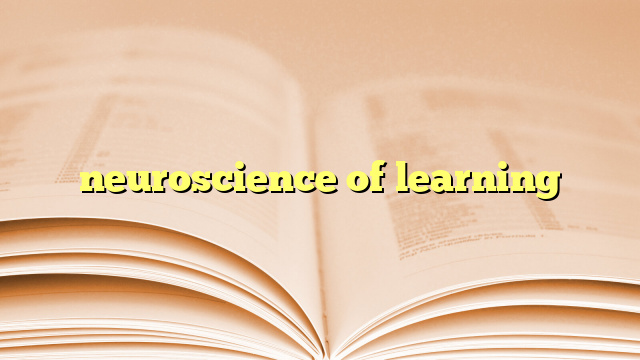Memory plays a crucial role in education, as it greatly influences the retention of information and affects learning outcomes. In this article, we will explore how memory impacts education and why it is essential for students to develop effective memory strategies.
Retrieval and Retention
Memory is the ability to store, retain, and recall information. When students learn new concepts, they encode the information into their memory. However, the real test of memory comes when they try to retrieve that information at a later time. The retention of information is critical for learning, as it allows students to build on their existing knowledge and make connections between different concepts.
Importance of Memory in Learning
Memory is vital for learning, as it allows students to retain the knowledge they acquire in the classroom. Without memory, students would not be able to recall important facts, concepts, or procedures, which are essential for understanding new material. Memory also helps students apply what they have learned in one context to new situations, enabling them to transfer knowledge across different domains.
Factors Affecting Memory
Several factors can influence memory retention, such as attention, motivation, and repetition. Students who are actively engaged in the learning process and motivated to succeed are more likely to remember the material. Additionally, repetition is an effective memory strategy that helps reinforce learning and enhance retention.
Effective Memory Strategies
There are several memory strategies that students can use to improve their retention of information. Some effective techniques include spaced repetition, chunking, and mnemonic devices. Spaced repetition involves reviewing material multiple times over a period of time to reinforce memory retention. Chunking is a strategy where students group related information together to make it easier to remember. Mnemonic devices are memory aids that help students remember complex information by associating it with familiar concepts.
Conclusion
In conclusion, memory plays a critical role in education, as it influences the retention of information and affects learning outcomes. Students who develop effective memory strategies are more likely to succeed in school and retain knowledge in the long term. By understanding the importance of memory in education and implementing effective memory techniques, students can enhance their learning experience and achieve academic success.
FAQs
Q: Why is memory important in education?
A: Memory is important in education because it allows students to retain information, build on existing knowledge, and transfer knowledge across different domains.
Q: What are some effective memory strategies for students?
A: Some effective memory strategies for students include spaced repetition, chunking, and mnemonic devices.
Q: How can students improve their memory retention?
A: Students can improve their memory retention by staying engaged in the learning process, being motivated to succeed, and using effective memory strategies like repetition and chunking.
Unlock Your Mental Potential



